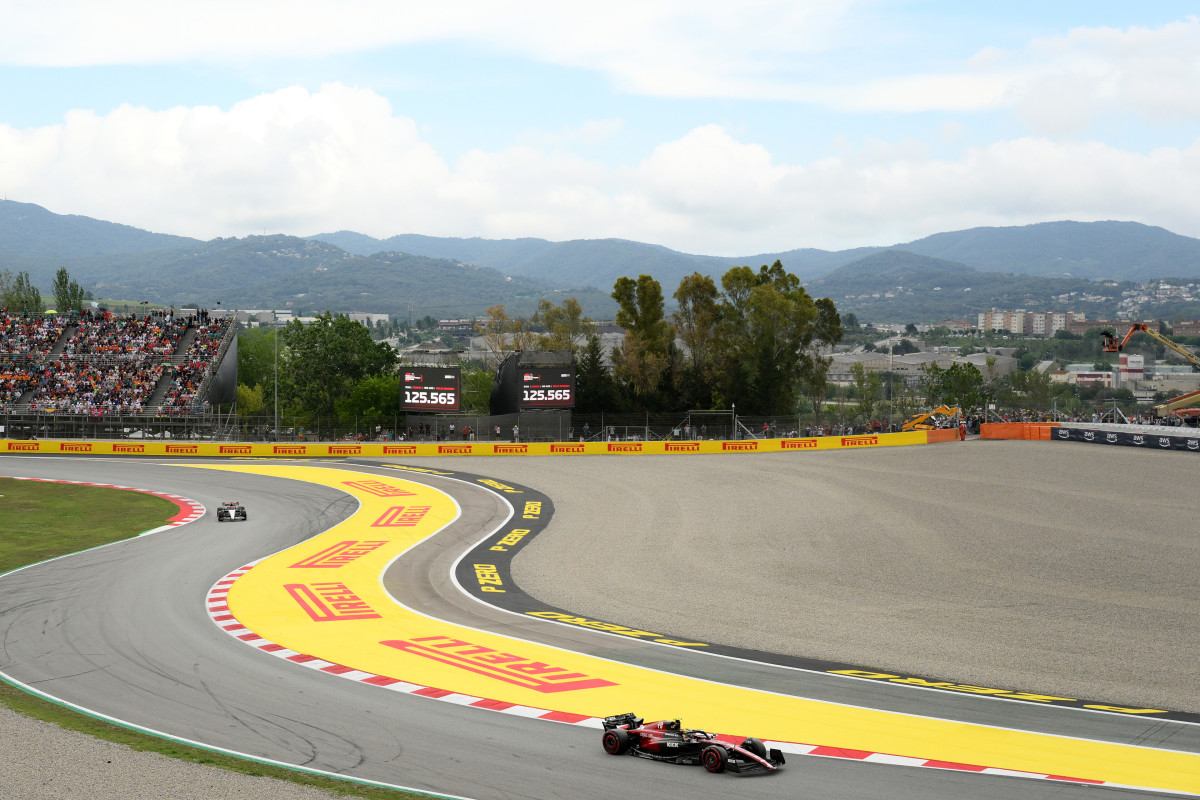F1 News: Helmut Marko Reveals Real Reasons For Opposing 2026 F1 Regulations

Mercedes boss Toto Wolff previously called out Red Bull for their opposing views on the upcoming 2026 regulations in Formula 1. The Milton Keynes outfit has been suggesting revisions to the rules that didn't go well with the others.
Wolff had claimed that Red Bull wasn't happy with the development of its 2026 engine and is hence seeking modifications to the rules. However, Red Bull motorsport advisor Helmut Marko rubbished the claims by stating that their partnership with Ford is showing fruitful results already and that they are much ahead of the rivals in the development of the new engine. The real reason for the opposition however is a bit technical.
Listen To The Latest Driven Mad Podcast Episode
The rules state that the power output from the new cars should be split in half. That means 50% of the power needs to come from the internal combustion engine whereas the other 50% must come from the electric motors. This, according to Marko is a bit problematic.
Speaking from a logical point of view, Marko stated that it is difficult to achieve twice the range of a battery that would constitute almost half of the weight. Therefore, the 50:50 electric to internal combustion power distribution must be revisited. Instead, he suggests E-fuels where the combustion engine could be switched to a 60:40 ratio. Marko explained to Motorsport-Total.com:
"Every car manufacturer says that the battery will be half the weight and have twice the range in three years. But that's not a fact.
“You would compensate for that with seven or ten percent less electrical system performance. We have e-fuels. We could switch the combustion engine to 60:40.”
The second problem Marko has with the new rules is the increase in weight due to a heavy battery which could compromise driver safety. In addition, the lightweight cars as we see them today, would need wider tracks if they are made to gain excess weight. He explained:
"The weight is a safety risk. The Silverstone accident that Max [Verstappen] had in 2021 can end very differently with such a heavy battery .
A battery always entails certain risks. We already have cars that are close to sports car level in terms of weight and size. But the racetracks remain the same. We would have to make them all a meter wider in order to keep up with the development of the cars."

If lighter and smaller cars are the need of the hour then the new rules go against it. "If you then need 30 litres of fuel just to charge the battery, then something is wrong in terms of approach," said Marko.
Lastly, he also pointed out that making the cars slimmer would cause them to have no air resistance which then deletes the slipstream effect. Also, there are brands having similar concerns but only Red Bull seems to have raised its voice.
Speaking on the other teams that haven't raised these points with the governing body, Marko jokingly quotes Ferrari boss Frederic Vasseur.
"[Frederic] Vasseur is continuing his love affair with Toto [Wolff].
"Therefore there is little resonance at Ferrari."
A few weeks ago, Ferrari boss Frederic Vasseur had said that it was too early to be concerned about the rules for 2026. Marko on the other hand admits by saying that "We don't have any allies at the moment," thereby suggesting that there are others who could join Red Bull in the 'protest.'
